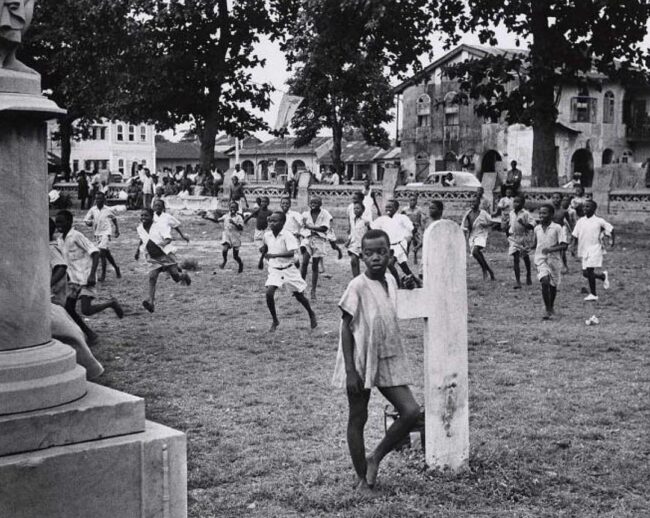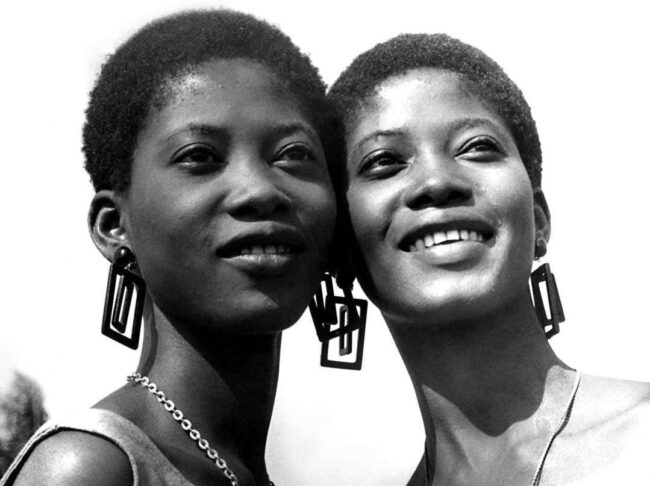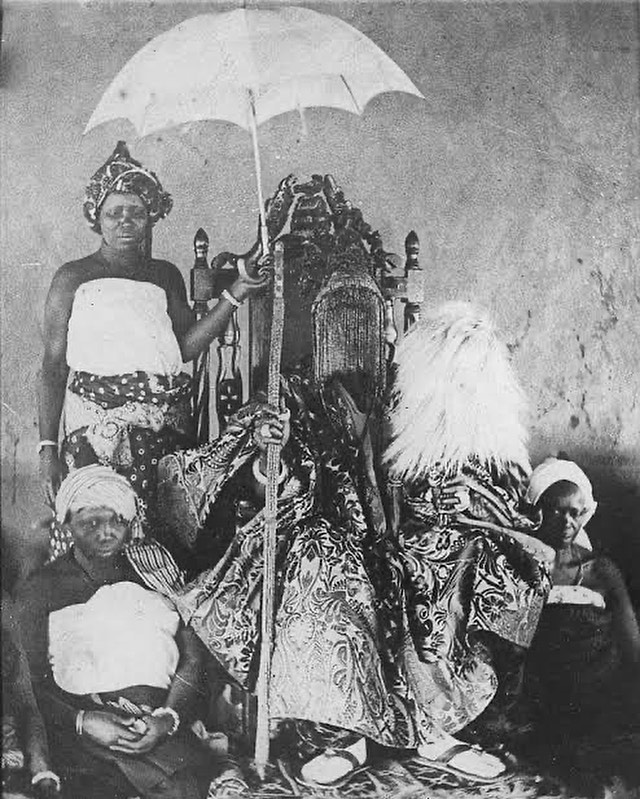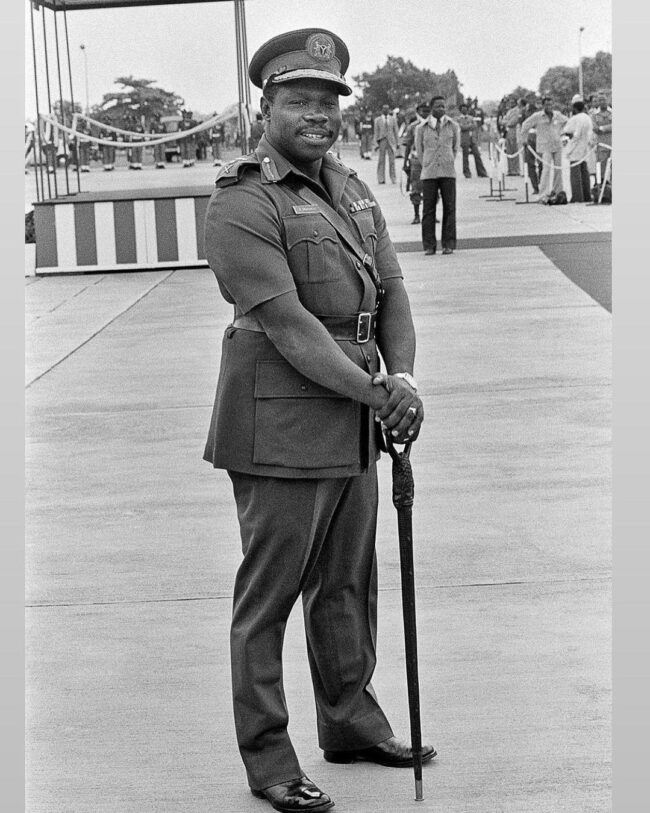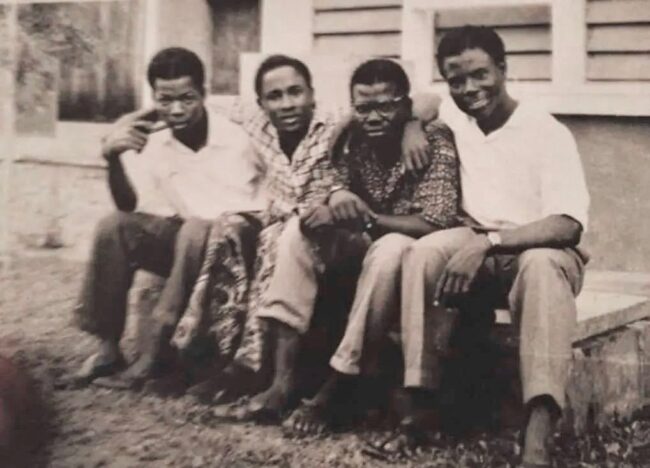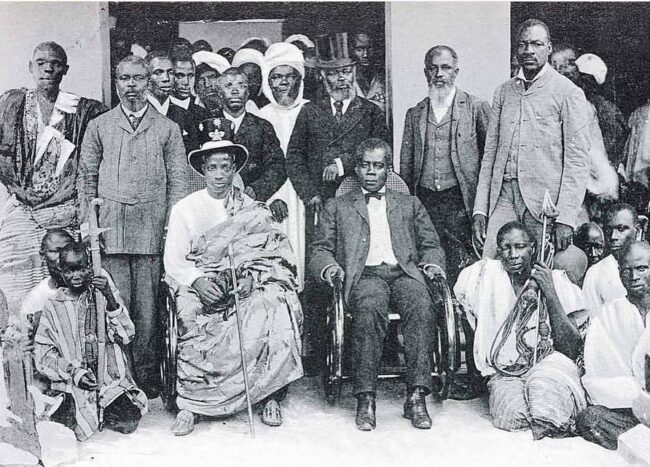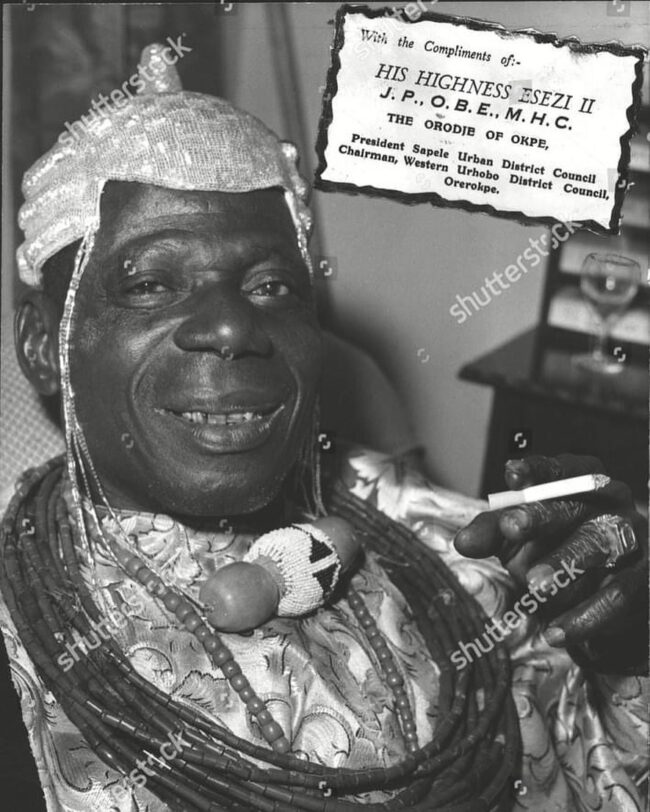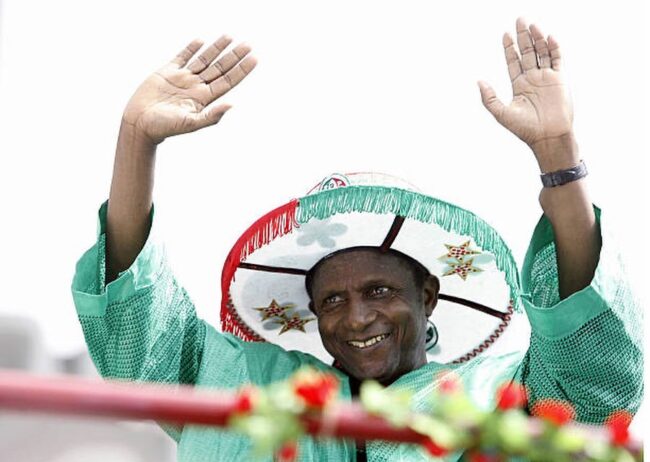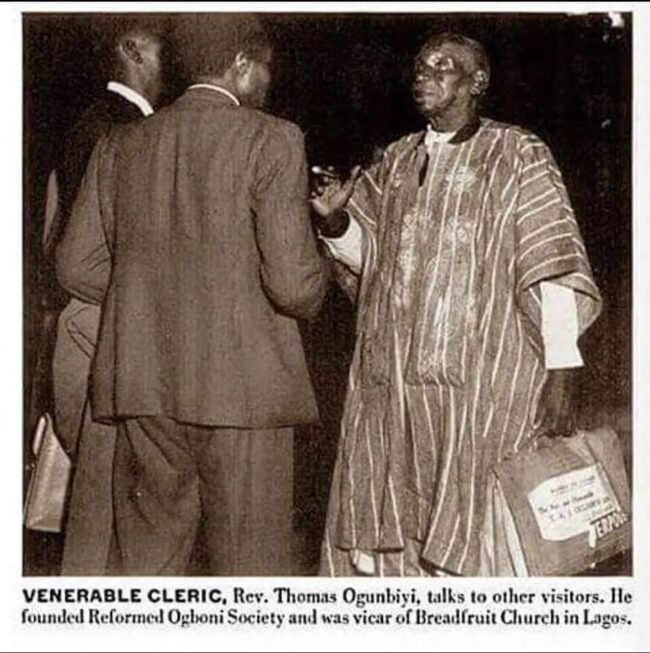Ajele Cementery, the Graveyard of British Colonial Officers
Ajele Cemetery Because so many British colonial officers are buried there, the Old Faji Cemetery eventually gave way to the name Ajele Cemetery. In Yoruba, the word “Ajele” refers to a government official. The term originated in the Old Oyo Empire, when the Alaafin of Oyo stationed Ajeles in towns to gather tribute. Under the command of Brigadier Mobolaji Johnson, the military governor of Lagos State, Ajele Cemetery met a notorious end when it was destroyed in December 1971 to make room for the Lagos State Secretariat. Wole Soyinka described the demolition as “the violation of that ancestral place” and stated that “the order came from the military governor: ‘Dig up (exhumed) those dead and forgotten ancestors and plant a modern council building – with all its lucrative corollaries on that somnolent spot.” Many others expressed their disapproval of the Lagos State government’s decision The demolition had deprived “Lagosians not only of a precious green space in the heart of the city but of the memorials of their forebears,” according to Prof. J.D.Y. Peel, a sociologist well-known for his expertise in Yoruba tradition. Not all exhumations and reburials proceeded without incident, despite the government issuing notices of exhumation. Take the instance of bodies whose relatives could not be located. Lt. Gerard was a former Lagos magistrate whose body was reported missing and whose headstone was later found lying in grass in an Ikoyi garden before being transported to a churchyard in Britain, according to John Godwin and Gillian Hopwood’s account. James Pinson Labulo Davies, Consul Benjamin Campbell, Samuel Ajayi Crowther (reinterred at Cathedral Church of Christ), and Thomas Babington Macaulay (father of Herbert Macaulay) are among the notable individuals buried in Ajele Cemetery. Image Info: The year 1959, schoolboys having fun on the ground of the now-demolished Ajele Cemetery.

